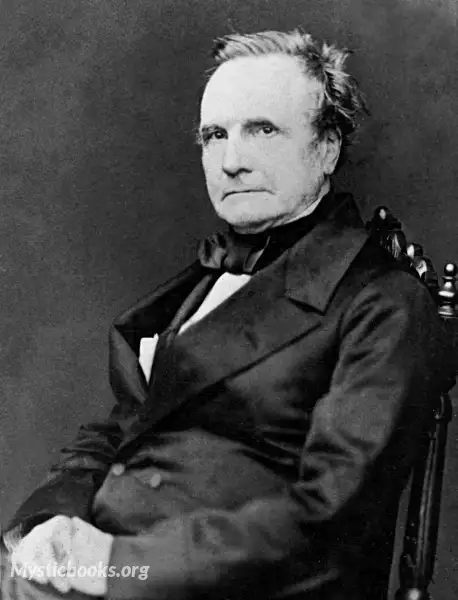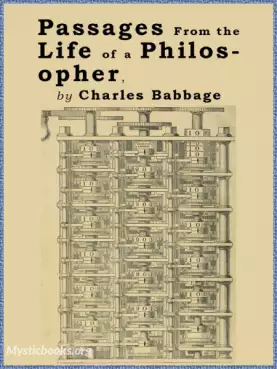
Timeline
Title
Country/Nationality
Charles Babbage
Charles Babbage was an English polymath. A mathematician, philosopher, inventor and mechanical engineer, Babbage originated the concept of a digital programmable computer.
Babbage is considered by some to be "father of the computer".Babbage is credited with inventing the first mechanical computer, the Difference Engine, that eventually led to more complex electronic designs, though all the essential ideas of modern computers are to be found in Babbage's Analytical Engine, programmed using a principle openly borrowed from the Jacquard loom. Babbage had a broad range of interests in addition to his work on computers covered in his book Economy of Manufactures and Machinery. His varied work in other fields has led him to be described as "pre-eminent" among the many polymaths of his century.
Babbage's birthplace is disputed, but according to the Oxford Dictionary of National Biography he was most likely born at 44 Crosby Row, Walworth Road, London, England. A blue plaque on the junction of Larcom Street and Walworth Road commemorates the event.
His date of birth was given in his obituary in The Times as 26 December 1792; but then a nephew wrote to say that Babbage was born one year earlier, in 1791. The parish register of St. Mary's, Newington, London, shows that Babbage was baptised on 6 January 1792, supporting a birth year of 179.
Babbage was one of four children of Benjamin Babbage and Betsy Plumleigh Teape. His father was a banking partner of William Praed in founding Praed's & Co. of Fleet Street, London, in 1801. In 1808, the Babbage family moved into the old Rowdens house in East Teignmouth. Around the age of eight, Babbage was sent to a country school in Alphington near Exeter to recover from a life-threatening fever. For a short time, he attended King Edward VI Grammar School in Totnes, South Devon, but his health forced him back to private tutors for a time.
Babbage then joined the 30-student Holmwood Academy, in Baker Street, Enfield, Middlesex, under the Reverend Stephen Freeman. The academy had a library that prompted Babbage's love of mathematics. He studied with two more private tutors after leaving the academy. The first was a clergyman near Cambridge; through him Babbage encountered Charles Simeon and his evangelical followers, but the tuition was not what he needed. He was brought home, to study at the Totnes school: this was at age 16 or 17. The second was an Oxford tutor, under whom Babbage reached a level in Classics sufficient to be accepted by the University of Cambridge.
The British Association was consciously modelled on the Deutsche Naturforscher-Versammlung, founded in 1822. It rejected romantic science as well as metaphysics, and started to entrench the divisions of science from literature, and professionals from amateurs. Belonging as he did to the "Wattite" faction in the BAAS, represented in particular by James Watt the younger, Babbage identified closely with industrialists. He wanted to go faster in the same directions, and had little time for the more gentlemanly component of its membership. Indeed, he subscribed to a version of conjectural history that placed industrial society as the culmination of human development (and shared this view with Herschel). A clash with Roderick Murchison led in 1838 to his withdrawal from further involvement. At the end of the same year he sent in his resignation as Lucasian professor, walking away also from the Cambridge struggle with Whewell. His interests became more focussed, on computation and metrology, and on international contacts.
Books by Charles Babbage

Passages from the Life of a Philosopher
This is an autobiography of Charles Babbage, who invented the mechanical computer in the early 1800s. He writes amusing anecdotes from his life, He shared a lot of fascinations with modern geeks, like cryptography, lockpicking, railroads, long distan...